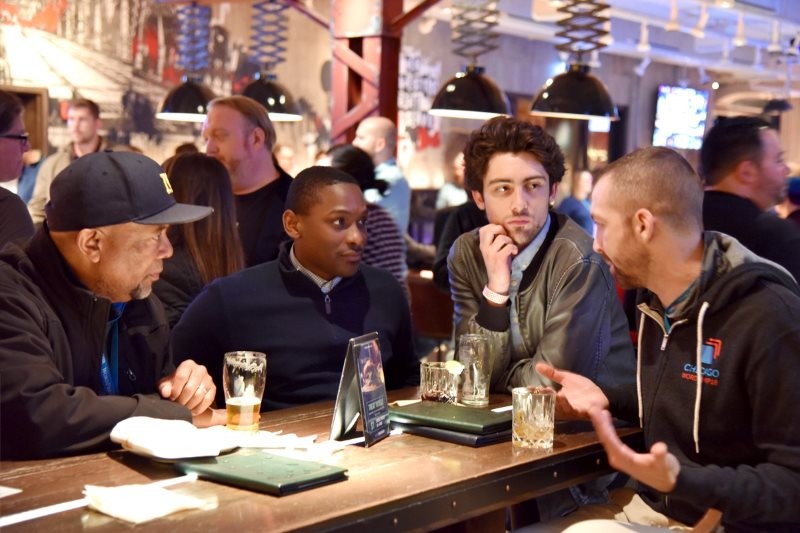
New research reveals why podcast listeners often develop deep emotional connections with hosts they've never met in person. The study, published in the Journal of Radio & Audio Media, found that perceived authenticity plays a central role in forming these one-sided relationships.
Through in-depth interviews with podcast fans aged 25-34, researchers identified seven key characteristics that make hosts seem genuine and relatable: ordinariness, immediacy, similarity, freedom, spontaneity, imperfection, and personal confessions.
"After noticing that podcast hosts were influencing me in different ways, I realized I must be viewing them as authentic," explained study author Karl Maloney Yorganci from the University of Salford. "This made me want to examine these one-sided relationships more closely."
The study found that listeners particularly value hosts who come across as "regular people" sharing everyday experiences and frustrations. Unlike traditional celebrities, podcast hosts are perceived as unfiltered and unpretentious in their discussions of mundane life aspects.
The casual, conversational nature of podcasting creates a sense of active participation rather than passive listening. Many participants noted feeling as if they were part of an ongoing discussion with the host, especially when current events were discussed in real-time.
Shared traits, values, and humor styles strengthened listeners' emotional connections. The research revealed that fans often felt they truly "knew" hosts who displayed similar personality characteristics or worldviews to their own.
The unscripted, imperfect nature of podcast conversations enhanced perceptions of authenticity. Listeners appreciated when hosts would ramble, misspeak, or go off on tangents, viewing these moments as signs of genuine self-expression rather than carefully curated content.
Personal revelations from hosts about their struggles, anxieties, and past failures created an especially intimate bond. By granting access to their inner worlds, hosts fostered stronger emotional attachments with their audiences.
However, the researchers note important limitations, including the small sample size and narrow focus on comedy podcasts. They emphasize that perceived authenticity can potentially be misused to legitimize harmful content.
"It's important to develop our understanding of both mediated authenticity and strong relationships with podcast hosts, as studies show these can significantly impact our attitudes and behavior," Yorganci cautioned.
The findings provide valuable insights into why podcasting creates uniquely intimate parasocial relationships between hosts and listeners. As the medium continues to grow, understanding these dynamics becomes increasingly relevant for both creators and consumers of podcast content.